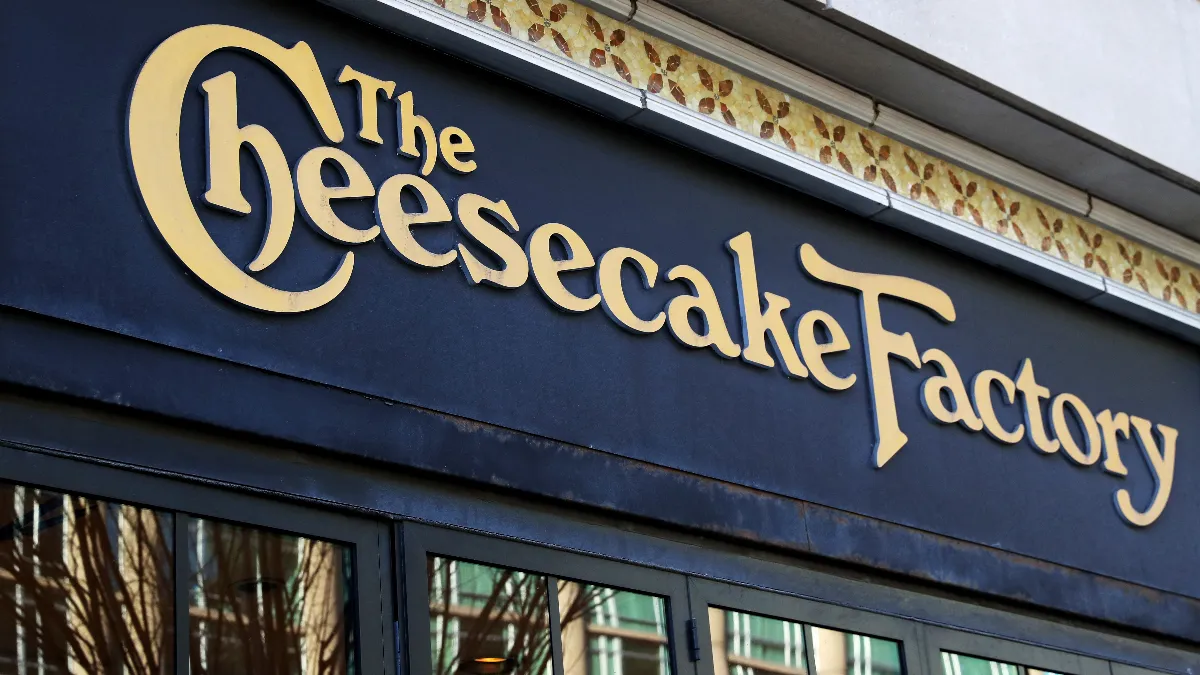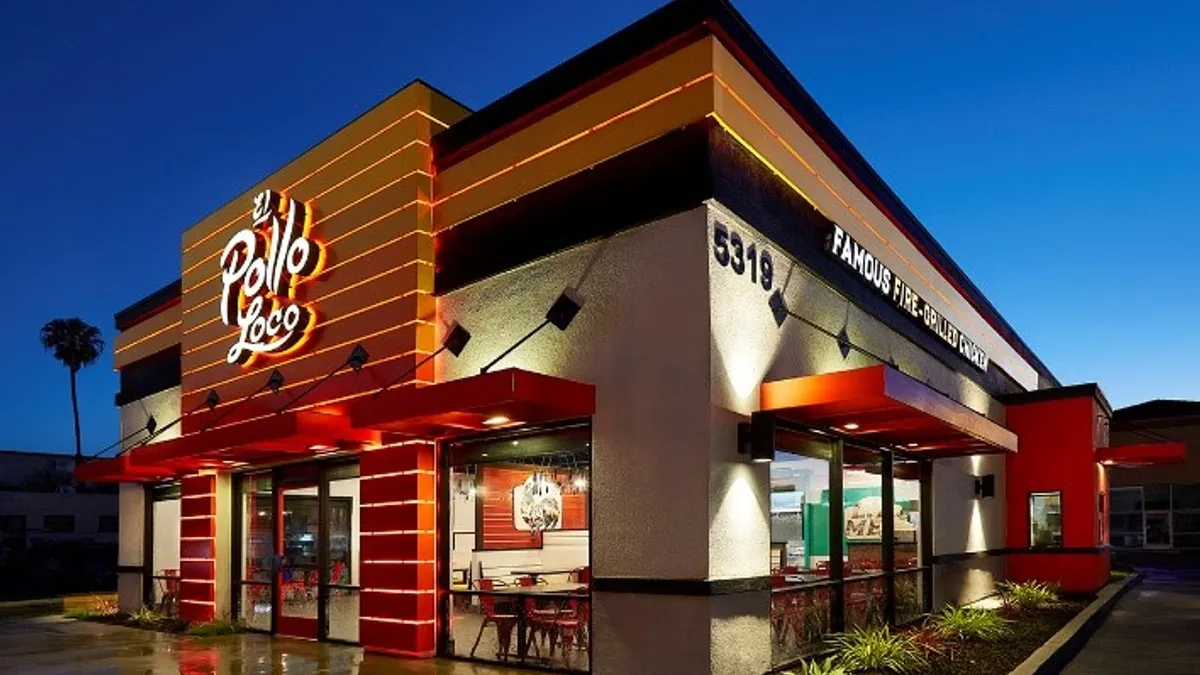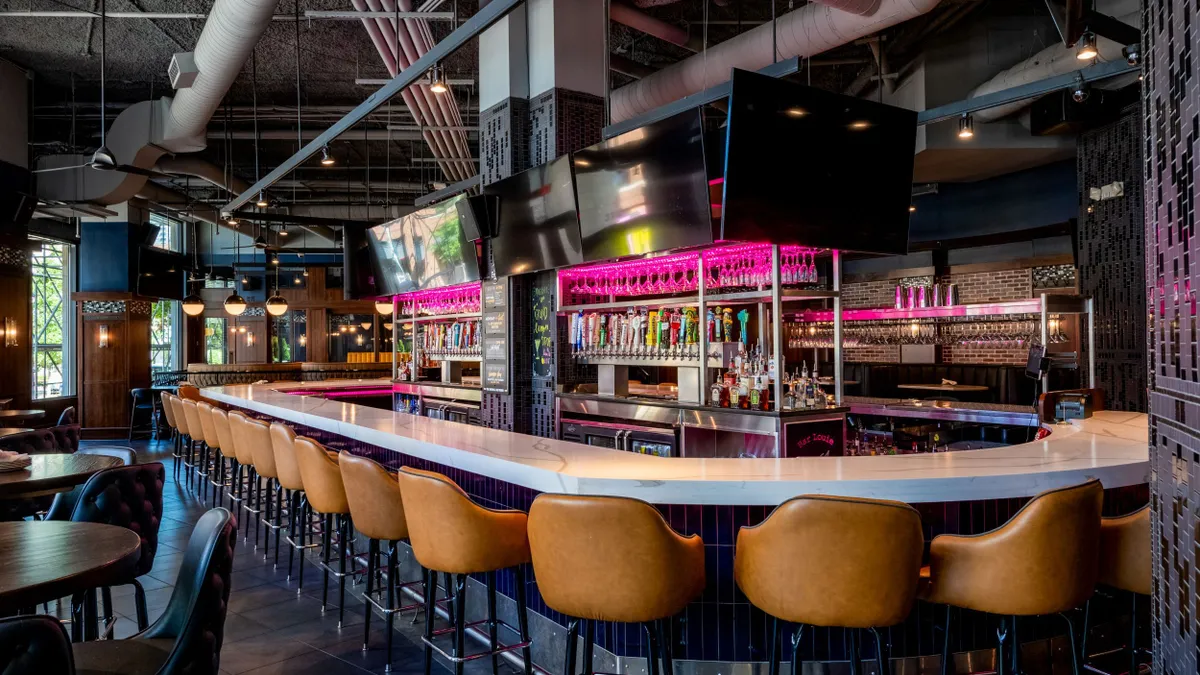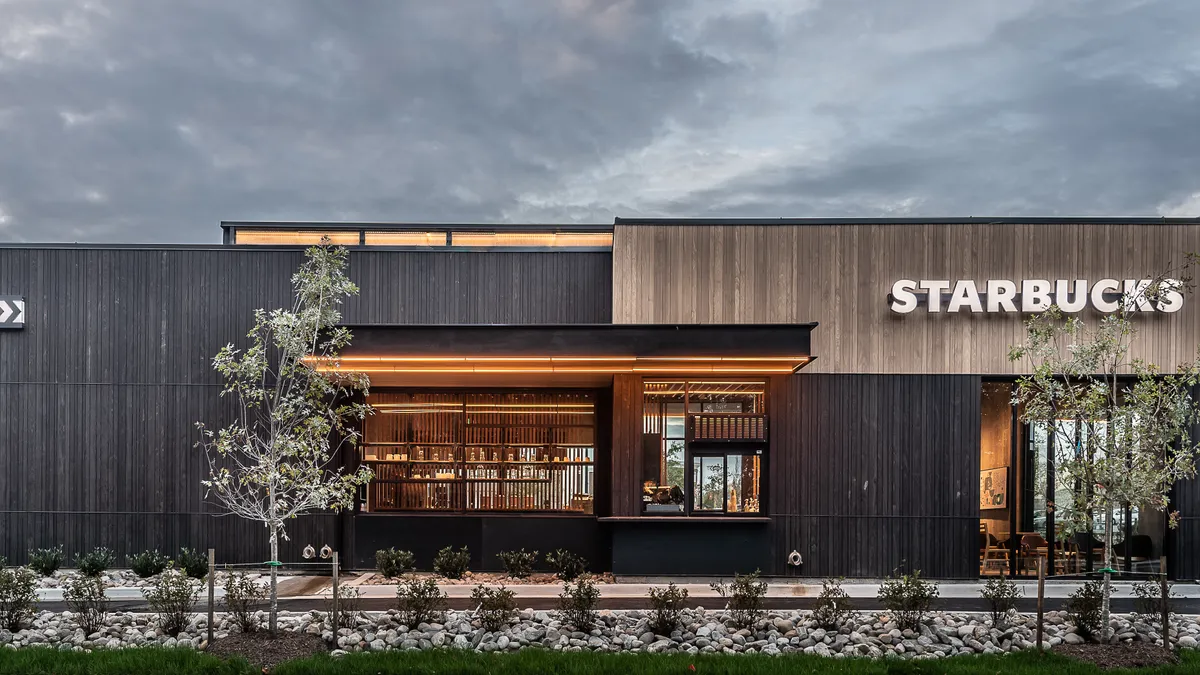With traffic down across much of the restaurant industry and many chains struggling with same-store sales growth, 2024 was a big year for activist investors. In their minds, brands like Starbucks, Potbelly, The Cheesecake Factory, Red Robin, Portillo’s and Cracker Barrel have room for improvement and better ways to boost shareholder value.
Restaurants certainly aren’t a new target for such investors. In 2013, activist investors pressured Darden to sell Red Lobster to a private equity firm. A few years ago, Red Robin underwent a year-long battle with an investor that led to a shift in its board.
“Activists have always loved retail, and as a subset of retail they’ve always loved restaurant chains or publicly traded casual dining or fast food chains,” Keith Gottfried, CEO of Gottfried Shareholder Advisory, which helps corporations fend off activist investors. “It’s hard to think of a major restaurant chain that has not had its encounter with an activist.”
From an activist standpoint, restaurants are easier to understand compared to complicated technology companies, and activists feel like there are more levers to pull to extract shareholder value compared to other sectors, he said.
Activists also love publicity and media attention and are unlikely to go after no-name companies.
“If you go after any of the chains that are relatively well known, you’re going to get a lot of media coverage,” he said, pointing to the likes of Cracker Barrel and Potbelly.
Why restaurants are tempting targets
With the move toward delivery, pickup and omnichannel, the restaurant industry has shifted more toward a model that prizes efficiency over size, Gottfried said. Growing off-premise channels have been a great way to create revenue streams and boost shareholder value, he said, without incurring major real estate expenses.
Engaged Capital, for example, is pushing Portillo’s to shift toward smaller stores and possibly transition away from owning its buildings. Portillo’s is already working on smaller, more efficient restaurants, and in 2024 opened its first Restaurant of the Future, which is just over half the size of its legacy 11,000-square-foot restaurant.
At the same time, activists are watching declines in dine-in traffic at many casual restaurants, and are pushing for lower physical footprints as a way to boost margins, he said. Several chains, including Denny’s and Wendy’s, are already working on closing underperforming stores as a way to improve the health of the overall system.
Investors are also pressuring brands to move toward asset-light business models, which shift much of the financial and operational risk to the franchisee level. Potbelly, for example, has been refranchising many of its locations.
What activist investor activity looked like in 2024
This year, activists launched several frontal assaults on CEOs that put increased pressure on these leaders to turn around chains in a short amount of time. That happened to Starbucks’ former CEO Laxman Narasimhan, who was forced out of his post after a few quarters at the helm.
While not all CEO ousters are connected to activist investors, many CEOs have left the helm of chains like Dave & Buster’s, Bloomin’ and BJ’s Restaurants this year after stretches of same-store sales declines.
“It creates a villain for [activists] to target even though that’s not necessarily fair,” Gottfried said.
Activists often pressure boards to sell the company as another way to create shareholder value. That move was successful for the activists who pushed Darden to sell Red Lobster, for example. With more private equity firms willing to purchase restaurants, there could be more opportunities for activists to push for sales next year.
How to fend off activist investors
Boards should try and get ahead of an activist investor and see if there is a reason why they would be a target, like having excess cash or a non-core brand, Gottfried said.
The Cheesecake Factory, for example, was under pressure by activist investors in October to spin off North Italia and two other brands. But the casual chain said it stood by its current portfolio, especially as these concepts are growing.
Companies should evaluate structural vulnerabilities as well, including identifying ways that an activist could call a special meeting of shareholders, or gain access to the board, Gottfried said. The company should also make sure they have qualified board members with experience mentoring and overseeing management.
“What are the things that an activist would come to them [regarding]? Think and develop a thesis around how to unlock shareholder value and get ahead of that,” Gottfried said. “Analyze, get ahead of it, and if some of those ideas make sense, then preemptively explore them. And if they don’t make sense, get that message out to shareholders.”
Communication is key to preempting or warding off challenges, he said.
“Get that dialog going with investors so that you don’t have an institutional investor out there that feels frustrated that the company isn’t paying attention to these obvious paths to unlock shareholder value.”
Public restaurant companies that aren’t the darling of the industry and don’t have the best stock performance should monitor how other chains have handled activist campaigns.
“Any chain that is not controlled by a dominant holder, where there’s an ability of an activist to get a credible stake ... can be a target,” he said.























